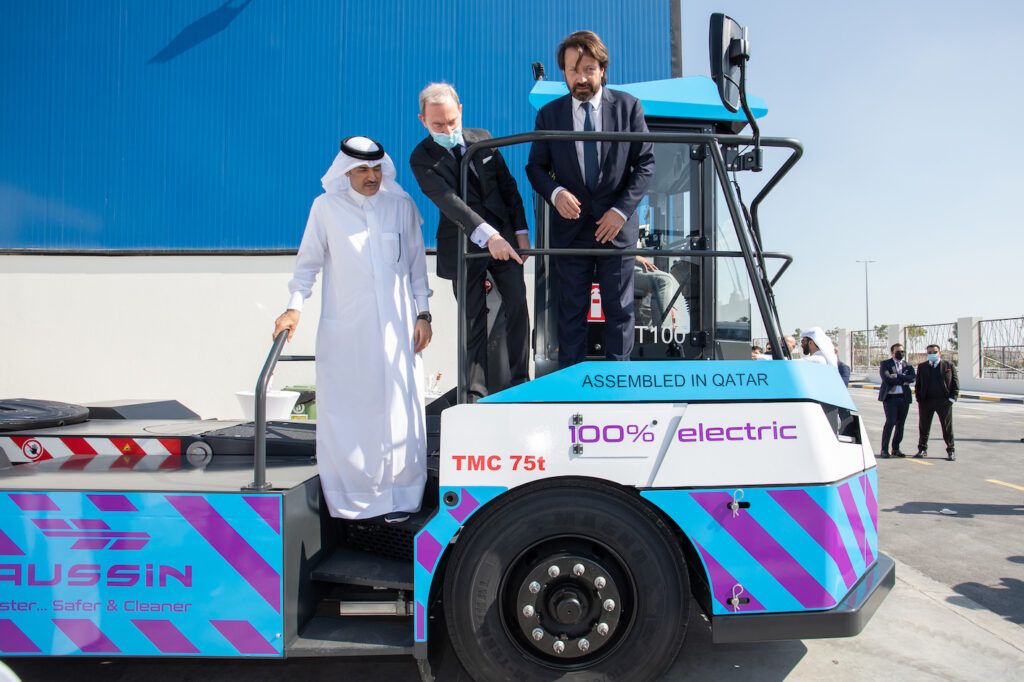Qatar has two free zones that offer a moratorium to companies on Income Tax (ISR) for 20 years, among other benefits, indicates a report from the World Trade Organization (WTO).
Basically, Qatar is a Gulf country rich in oil resources, especially natural gas, with 2.8 million inhabitants and a small indigenous population relative to the expatriate community.
About 1.9 million foreign workers represent approximately 95% of the economically active population.
GDP per capita amounted to $ 62,800 in 2019.
As stated in Qatar’s National Vision 2030, the country will pursue the goal of economic diversification in the next decade, and seek to build an economy less dependent on oil resources and with a larger private sector.
Recently, the construction of infrastructure for the 2022 FIFA World Cup was a significant economic stimulus, but most of the related projects have been completed or are nearing completion.
Free zones
Qatar provides incentives, in the form of fiscal and financial support, to investment projects in free zones and SMEs.
In 2018, the Qatar Free Zones Authority (QFZA) was established as an independent entity to develop and regulate these zones.
Among the benefits offered to companies located in these areas are the moratorium on corporate income tax for 20 years, exemption from payment of import duties, the possibility of accessing an investment fund and quality infrastructure. ; Likewise, foreign investors are authorized to own 100% of a company and repatriate all of the capital.
In addition to these zones supervised by the QFZA, there are special free zones, such as the Qatar Science and Technology Park (QSTP) and the Qatar Financial Center (QFC), in which the State provides certain aid to attract technological institutes and companies. international financial institutions.
Qatar offers various incentives to both foreign and domestic companies.
Regulation
In recent years, Qatar has amended several laws relating, among other things, to free zones (Law No. 34 of 2005 and Decree Law No. 21 of 2017) and income tax (Income Tax Law (Law No. 24 2018)), which include specific chapters and provisions on incentives.
Always according to the WTO, these Qatari free zones offer various incentives to attract foreign investment.
The main legislative provision is Law No. 34 of 2005, modified by Decree Law No. 21 of 2017, and the Regulation on Licenses of the Free Zones Authority of 2018.
In 2018, the QFZA was established as an independent entity to develop and regulate free zones.
The QFZA has a one-stop shop for the entire start-up process; offers services (for example, infrastructure, offices and facilities) and issues licenses and authorizations to entities wishing to carry out economic activities within and outside the free zone.
Currently, the QFZA oversees two free zones, namely Umm Alhoul (adjacent to Hamad port) and Ras Bufontas (close to Hamad airport).
The Ras Bufontas area aims to attract companies engaged in logistics, consumer products, light manufacturing, services, technology and applications and pharmaceuticals, while the Umm Alhoul area focuses on the maritime, polymer and plastics, advanced manufacturing and logistics.
According to the authorities, around 150 investment projects in free zones had been approved by November 2020, and around 80% of these companies had completed registration and licensing requirements.
![]()

